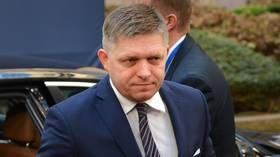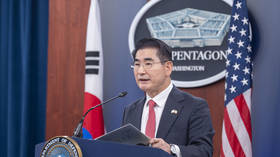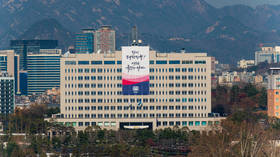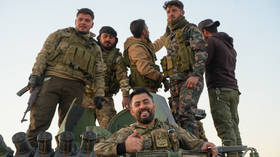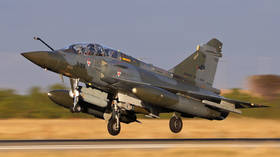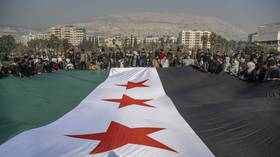Friday's Russian Press Review
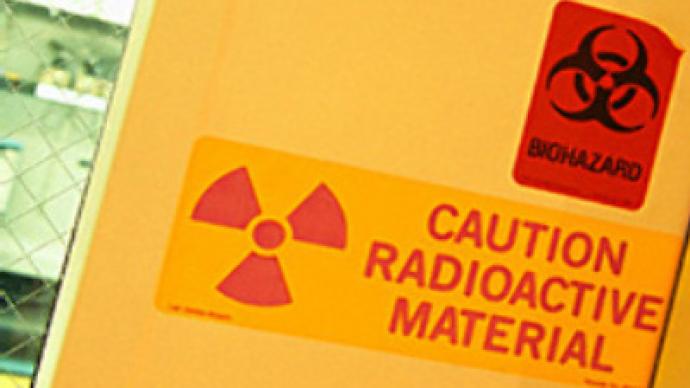
International – including even some front pages of Friday’s newspapers – highlight the looming U.S. – India nuclear deal, publish opinion articles on Russia – U.S. relations, analyse Russia’s role and place in E
NEZAVISIMAYA GAZETA writes under the headline ‘American – Indian Nuclear Proliferation,’ that exactly at the moment when George Bush recalls the U.S. – Russia ‘Nuclear Agreement’ from Congress for further consideration, everything is ready for the signing of the U.S. nuclear agreement with India. The paper says that both the Congress and Senate rushed through the ratification procedure because this deal is looked upon as an important means of control over the spread of Chinese influence in Asia. The paper says the U.S. is again using double standards: very loudly arguing for non-proliferation in some cases and facilitating proliferation in others, like India and Pakistan. The paper also adds that for the U.S. to sign this deal means to make a closer friend of a nation that used to be a principal partner of the USSR in the past and remains a close ally of Russia to this day.
IZVESTIA says the U.S. strategy of global domination is plainly archaic. Dr. Dmitri Orlov, the Director of the Agency of Political and Economic Communication, writes in his article that the U.S. is acting today as an ‘empire charmed by its own might.’ He says the exhumation of the Munro Doctrine speaks volumes for what the U.S. administration is trying to do in the world. The White House is arrogantly talking down to everyone, especially Russia, he says. He adds that U.S. influence is now crossing a few natural boundaries that historically have existed for expanding empires, and that means that the American Empire is entering the phase of its undoing. He says that current U.S. foreign policy is truly capable of turning The American Century into the Century When America Was Lost.
VREMYA NOVOSTEI has two interesting opinion articles. Arkady Dubnov in his piece under the headline ‘Where could ‘The Falling America’ and ‘The Rising Russia’ meet each other halfway?’ reports on a seminar dedicated to the current state of Russia – U.S. relations and the question of whether another Cold War is possible. He sums up the opinions aired at the seminar by saying that a new Cold War hasn’t started yet and if it does start, it’s going to be ‘a very short one.’ Dubnov also says most of the participants, such as Russian academics, high-ranking diplomats and political analysts, were unanimous about the importance of Ukraine in the next phase of Russia – U.S. interaction.
Another article, by Sergei Dubinin, is titled ‘High time to start agreeing with each other, or The New Entente.’ The author writes that if the fall of the mono-polar World with the U.S. at its centre is a failure of the U.S., the emergence of the new, multi-polar World, is not Russia’s victory. He says it is rather a new challenge for Russia. Dubinin continues: the West has been using double standards on Russia all along, since the fall of the Soviet Union: ‘Western leaders wanted Russia to be ‘holier than the Pope and changed the text of the Holy Scripture every time.’ There are two ways to fight that. To confront the West every time it delivers another blow. This is, says the author, the ‘Soviet way’. It leads to further confrontations, cold wars and arms races. But there is another way, he writes: the way chosen by Imperial Russia in the XIX Century: to try creating a political and military alliance with nations that had been long considered as adversaries of Russia: France and England, instead of the ‘old friend’ Germany. The alliance was called The Entente. That calculation of the Imperial government worked says the author: by the end of WW I Russia would have been among the victors, had it not been for the Bolshevik revolution. So, Dubinin asks: maybe the time has come for another Entente?
KOMMERSANT has an article by Fyodor Lukyanov, the Chief Editor of the monthly magazine ‘Russia in Global Affairs’, who writes that the whole system of international organisations inherited by the modern world from the times when there were two world systems fighting each other, is proving totally unfit for the new balance of power. For the first ten years, he writes, while Russia was in a geopolitical knock-out and China was submerged in its interior development, everyone wanted to join WTO, the EU, NATO, etc, the European Council among them. It was important for Russia’s prestige. Today, he continues, Eurasia is becoming a huge arena of an unprecedented conflict of interests of major powers. Lukyanov says that in terms of prestige, it is now more important for Russia to become a separate centre, its own club, calling on other smaller entities to join it, than to maintain membership in various ‘clubs’ whose role and importance are fading before our eyes.
Evgeny Belenkiy, RT.


